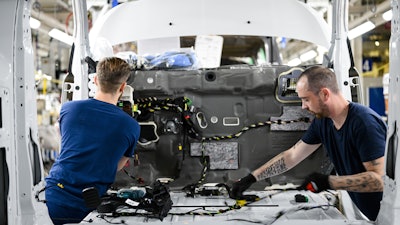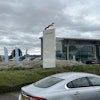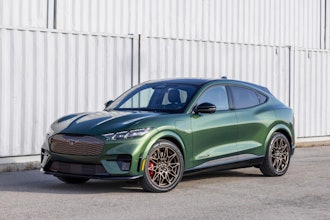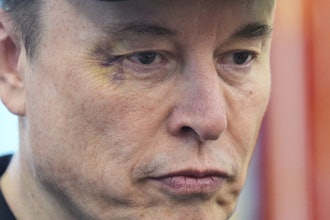
During his visit to the Hordain site in the northern Hauts-de-France region today, Stellantis CEO Carlos Tavares announced the mass production of Peugeot, Citroën and Opel light commercial vehicles in a hydrogen-powered version equipped with a fuel cell.
These hydrogen-powered vehicles will be assembled on the site’s multi-energy line, which already produces the electric and combustion engine versions of the “K-Zero” daily. Using a reinforced platform from body-in-white onwards, the hydrogen-powered models will then follow the usual stages of paintwork and assembly, on the same production line as combustion engine and electric vehicles, before they enter the new 8,000-m² facility that focuses solely on the final tuning.
A dedicated team will install the tank, the additional batteries, and the fuel cell on a production line at the Hordain site that halves the adjustment time compared to the previous small-scale process, where the fuel cell was assembled at a pilot workshop in Rüsselsheim.
This industrialization of hydrogen-powered light commercial vehicles – accompanied by €10 million in investments with financial support from the French government – is a new step for Hordain, where 43% of models for the Peugeot, Citroën, Opel, Vauxhall, Fiat and Toyota brands are already available in a zero-emission electric version.
The “K-Zero” vehicles with a fuel cell are intended for long-distance freight professionals who require a longer range (400 km), the fastest possible charging time (3 minutes) and no compromises on charging capacity (1000 kg of payload).
Launched in 2021, Stellantis is the first manufacturer in the world to market this type of vehicle.
Inaugurated in 1994, the Hordain site lies at the heart of the industrial strategy at the Stellantis commercial vehicles division. This benchmark site assembles light commercial vehicles and passenger cars from the “K-Zero” family. Hordain employs 2,440 people on three shifts, with daily production of 628 vehicles.
The site assembled 144,650 vehicles in 2021 and produced its millionth “K-Zero” in summer 2022.






















